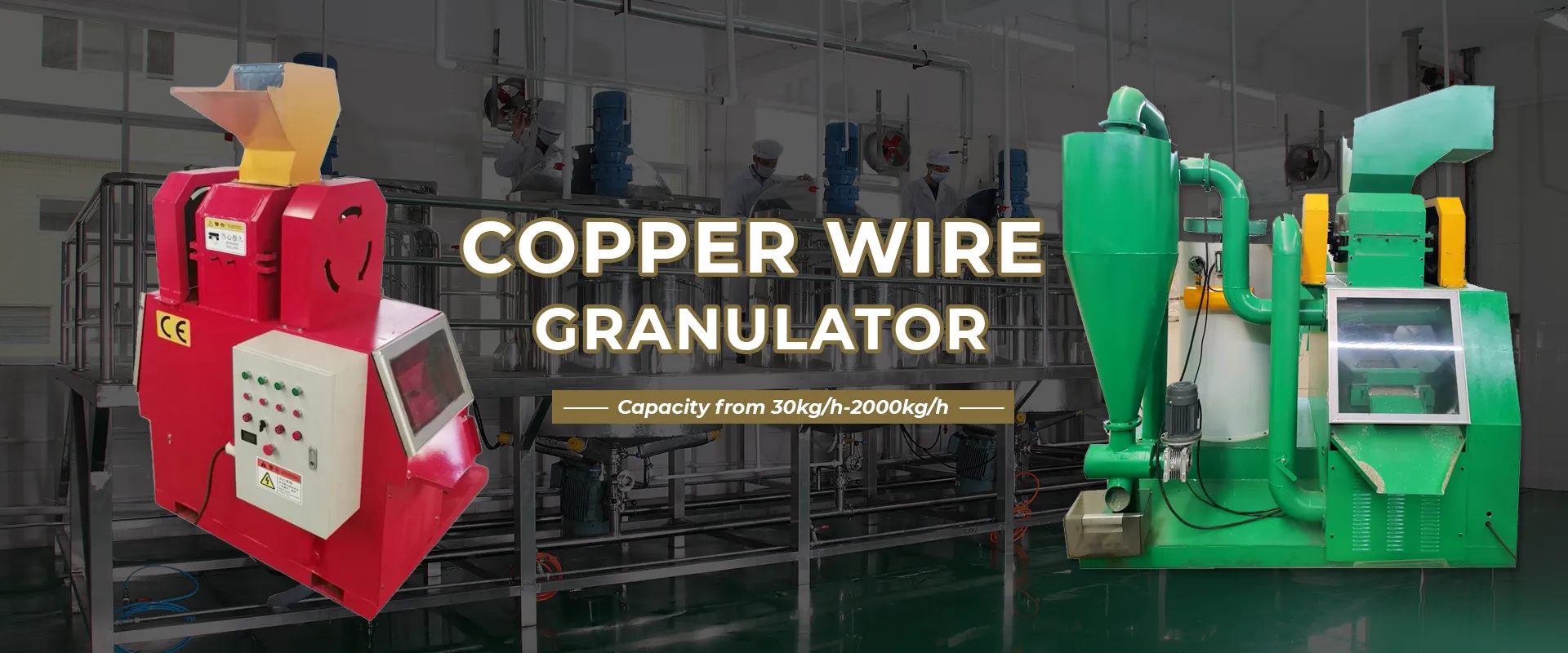

Sep . 12, 2024 00:28 Back to list
The Importance of MSW Sorting Plants in Waste Management
Municipal Solid Waste (MSW) sorting plants play a critical role in the modern waste management landscape. As urban populations continue to grow, the amount of waste generated is on the rise, necessitating efficient and sustainable waste management solutions. MSW sorting plants are designed to separate recyclable materials from non-recyclable waste, thereby reducing landfill usage and promoting resource conservation.
The Importance of MSW Sorting Plants in Waste Management
One of the key benefits of MSW sorting plants is their contribution to recycling efforts. By effectively separating recyclables, these facilities ensure that valuable materials are recovered and diverted from landfills. This not only conserves natural resources but also reduces greenhouse gas emissions associated with waste decomposition in landfills. For instance, recycling one ton of paper can save over 17 trees, 7,000 gallons of water, and energy equivalent to 4,100 kilowatts of electricity.

Moreover, MSW sorting plants are essential for promoting circular economies. A circular economy emphasizes the reuse and recycling of materials to create a closed-loop system where waste is minimized. By ensuring that recyclables are efficiently processed, MSW sorting plants help industries utilize recovered materials in manufacturing, thereby decreasing the need for virgin resources and fostering sustainability.
Despite their benefits, MSW sorting plants also face numerous challenges. One significant issue is contamination, where non-recyclable items are mixed with recyclables. This can undermine the efficiency of the sorting process and lead to increased costs for recycling facilities. To combat this, public education and outreach are vital, raising awareness about proper waste disposal practices and the importance of recycling. As communities become more informed, the quality of materials entering sorting plants improves, enhancing overall recycling rates.
Furthermore, technological advancements are transforming MSW sorting plants. Innovations such as artificial intelligence and machine learning are being integrated to optimize sorting processes, improve accuracy, and enhance operational efficiency. By harnessing these technologies, plants can adapt to changing waste streams and increase their capacity to process materials effectively.
In conclusion, MSW sorting plants are not just facilities for waste processing; they are crucial components in the fight against environmental degradation. By promoting recycling, supporting circular economies, and adapting to new technologies, these plants contribute significantly to sustainable waste management practices. As we face growing environmental challenges, investing in and improving MSW sorting infrastructure will be vital for creating a cleaner, greener future.
Latest news
Metal Shredder: The Ultimate Solution for Metal Recycling
NewsApr.08,2025
Metal Recycling Plant: The Future of Sustainable Waste Management
NewsApr.08,2025
Eddy Current Separator: Revolutionizing Metal Recycling
NewsApr.08,2025
E-Waste Shredder: Efficient Recycling for Electronic Waste
NewsApr.08,2025
Double Shaft Shredder: The Ideal Solution for Heavy-Duty Material Shredding
NewsApr.08,2025
Cable Granulators: Revolutionize Your Cable Recycling Process
NewsApr.08,2025